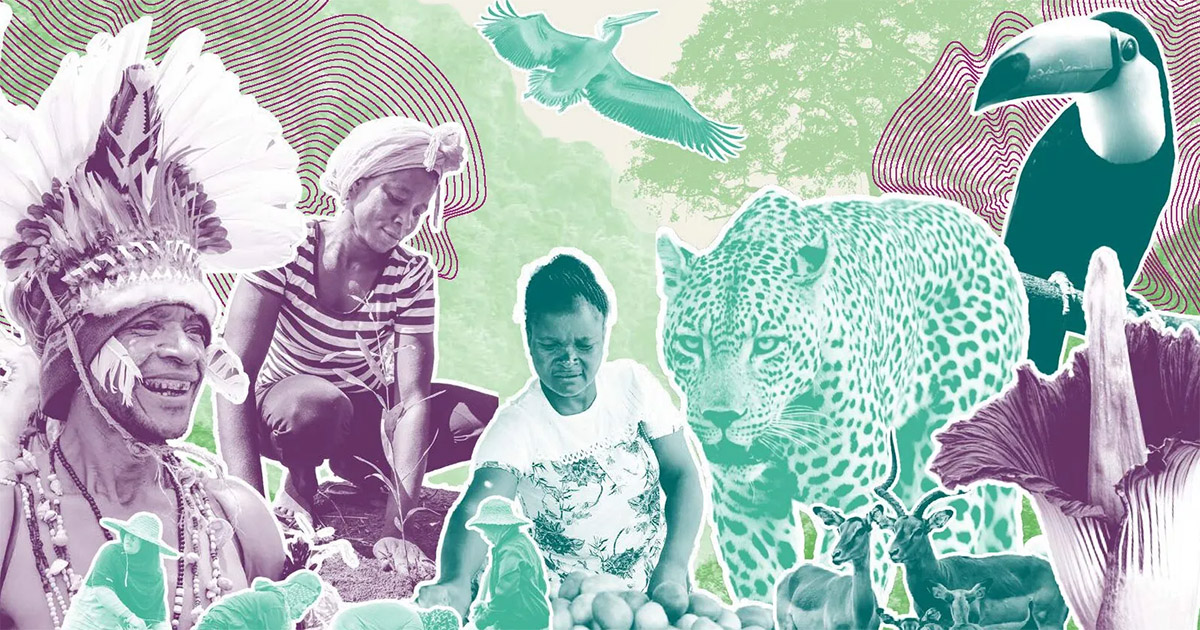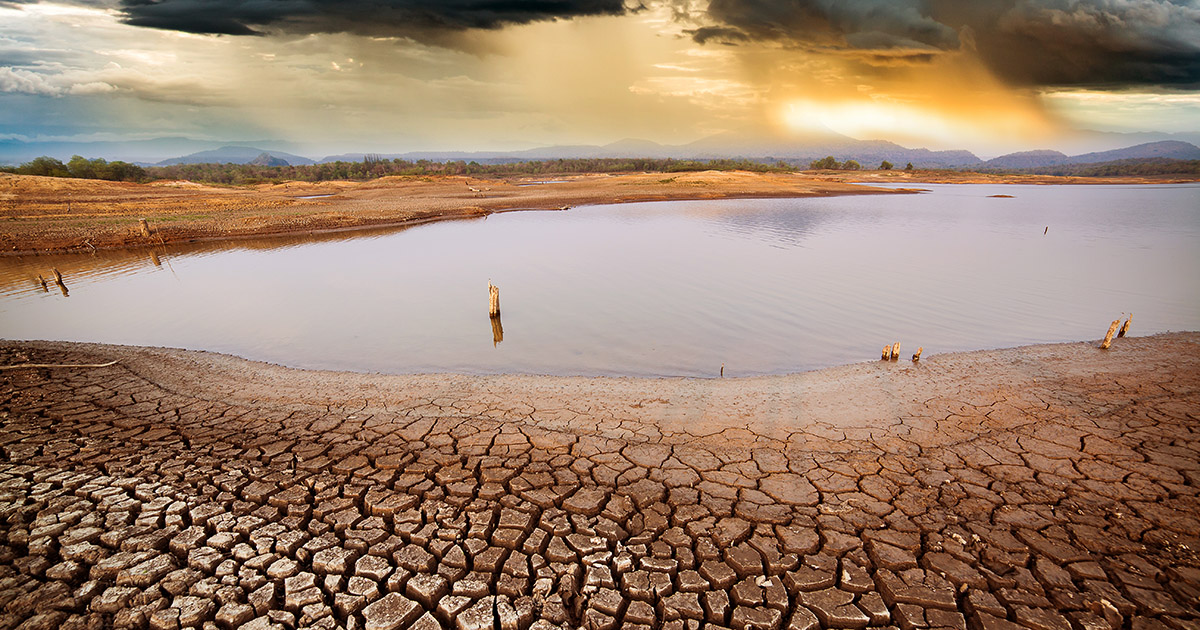Climate change presents additional challenges to a diverse country like Cameroon that shares the Congo Basin rainforest. Not only is the population vulnerable to the direct effects of climate change, forest-dependent communities are also vulnerable to changing environmental policy that may affect their access to forest resources. Using a qualitative approach to data collection through semi-structured interviews and content analysis of relevant documents, the perception of decision-makers within, and the response of the institutions of the state, the private sector and civil society to the complex challenges of climate change in the Congo Basin forest of Cameroon were analysed. Results indicate that while decision-makers' awareness of climate change is high, a concrete institutional response is at a very early stage. Cameroon has low adaptive capacity that is further constrained by weak linkages among government institutions nationally and between different levels of government and with communities. Civil society institutions play a role in enhancing government capacity to respond, particularly in relation to new international policies on climate change and forests. Adaptive capacity would be further enhanced by facilitating institutional linkages and coordinating multilevel responses across all boundaries of government, private sector and civil society. A collaborative capacity builder could foster the transfer, receipt and integration of knowledge across the networks, and ultimately build long-term collaborative problem-solving capacity in Cameroon.
Download:
DOI:
https://doi.org/10.1007/s11027-010-9216-3
Dimensions Nombre de citations:

Année de publication
2010
Auteurs
Brown, H.C.P.; Nkem, J.; Sonwa, D.J.; Bele, Y.
Langue
English
Mots clés
climate change, rain forests, management by objectives, perceptions, institutions
Géographique
Cameroon, Democratic Republic of the Congo


















